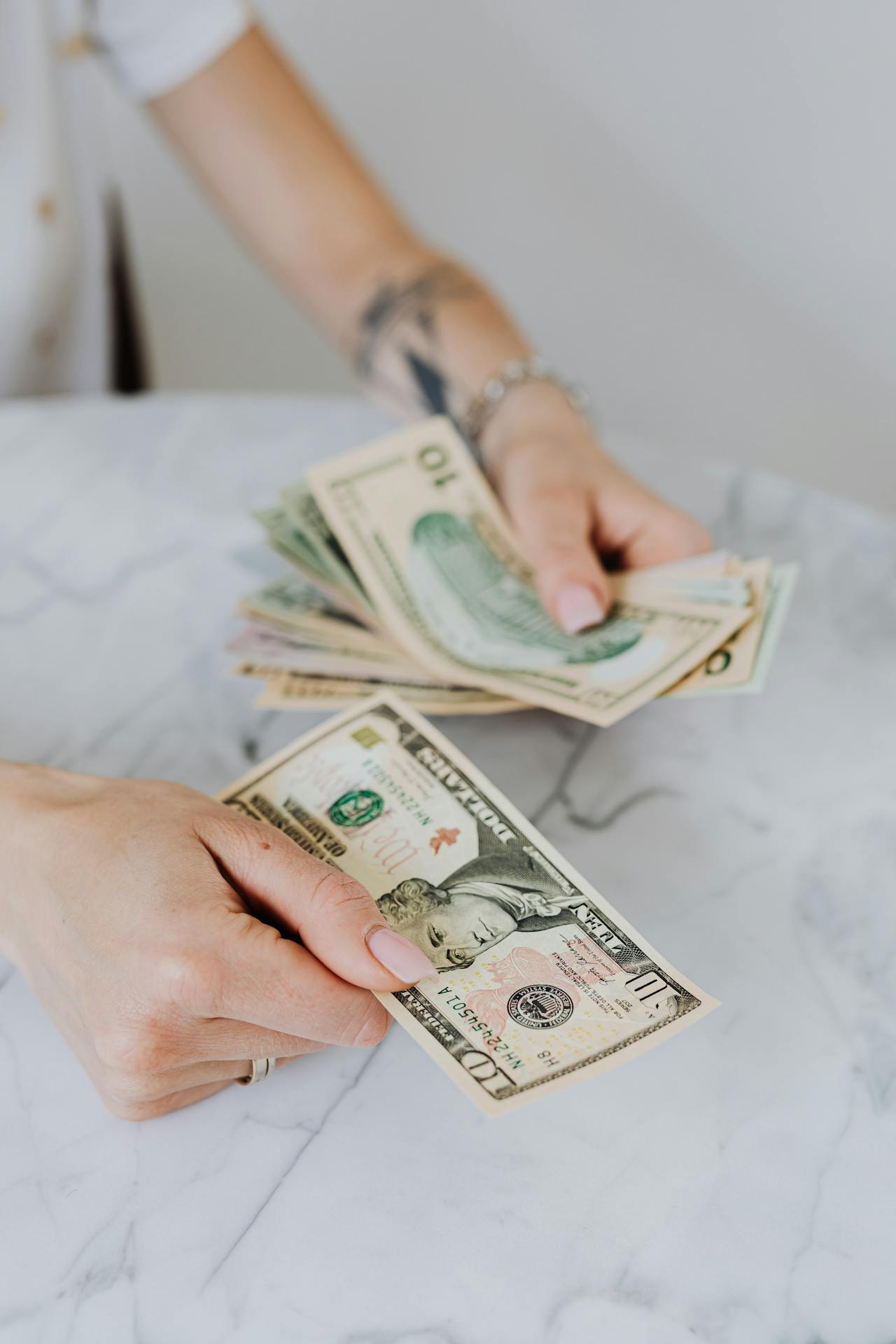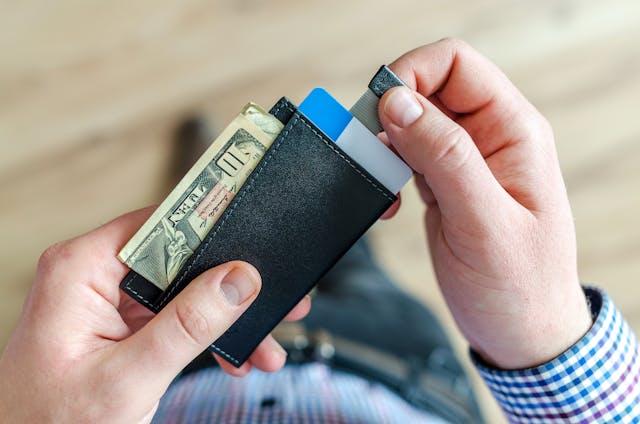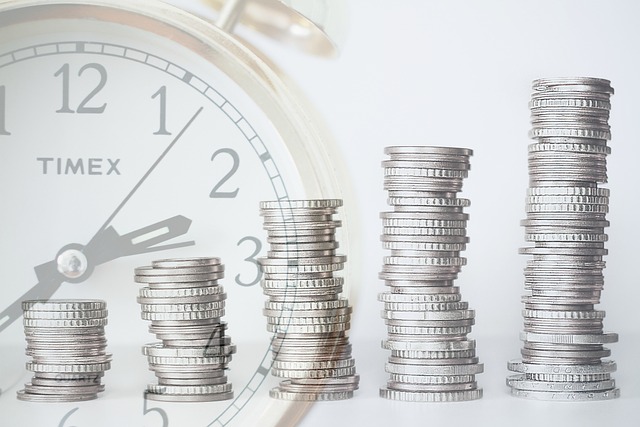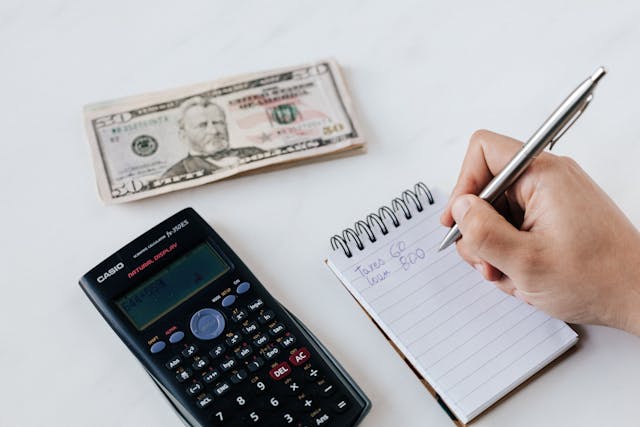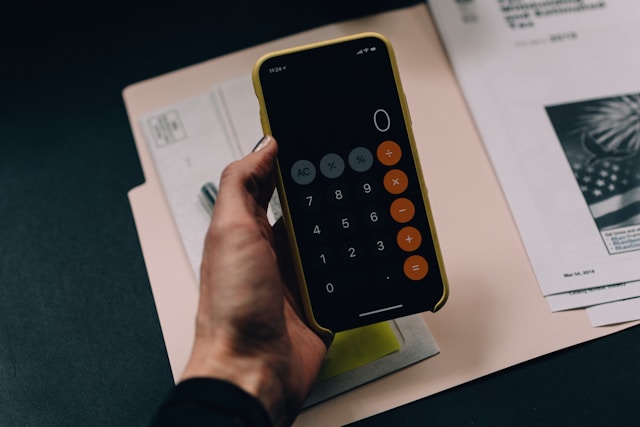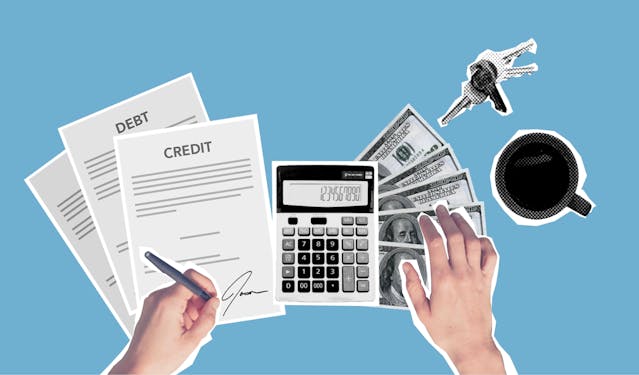Credit cards can be a double-edged sword. On one hand, they offer convenience, rewards, and the ability to build credit. On the other hand, they can lead to a cycle of debt that’s hard to escape when not used responsibly. One of the most common pitfalls is the temptation to make only the minimum monthly payment. While this might seem like a manageable way to handle credit card debt, it can have long-term financial consequences.
In this article, we’ll discuss how minimum credit card payments work, why making only the minimum payment can be detrimental to your financial health, and provide some credit card tips to keep you on track.
Understanding Minimum Credit Card Payments
Before diving into the reasons why you should avoid making only the minimum payment, it’s essential to understand what it means.
How Do Minimum Credit Card Payments Work?
Credit card companies require you to pay at least a minimum amount of your balance each month. This amount is usually calculated as a percentage of your total current balance plus any interest accrued during the billing cycle or a fixed amount, whichever is higher.
Making the minimum payment is enough to keep your account in good standing and avoid late fees, but it doesn’t do much to reduce your principal balance. This is where the problems start.
The True Cost of Minimum Payments
Here’s a list showing the 12-month period when making only the minimum payment on a $1500 debt at a 25% APR:
Here’s a detailed breakdown showing the payment amount and interest paid for each month over a 12-month period when making only the minimum payment on a $1500 debt at a 25% APR:
- Starting balance: $1500 (Minimum Payment: $37.50 – Interest: $27.08)
- Month 1: $1474.58 (Minimum Payment: $36.86 – Interest: $27.08)
- Month 2: $1448.50 (Minimum Payment: $36.21 – Interest: $27.08)
- Month 3: $1421.42 (Minimum Payment: $35.54 – Interest: $26.92)
- Month 4: $1393.34 (Minimum Payment: $34.84 – Interest: $27.08)
- Month 5: $1364.42 (Minimum Payment: $34.11 – Interest: $28.08)
- Month 6: $1334.50 (Minimum Payment: $33.36 – Interest: $30.00)
- Month 7: $1303.50 (Minimum Payment: $32.59 – Interest: $31.50)
- Month 8: $1271.00 (Minimum Payment: $31.78 – Interest: $32.25)
- Month 9: $1238.25 (Minimum Payment: $30.96 – Interest: $32.41)
- Month 10: $1205.84 (Minimum Payment: $30.14 – Interest: $32.69)
- Month 11: $1173.15 (Minimum Payment: $29.33 – Interest: $33.69)
- Month 12: $1139.84 (Minimum Payment: $28.50 – Interest: $34.84)
The total interest charged over the 12-month period when making only the minimum payment on a $1500 debt at a 25% APR is approximately $351.84
This breakdown illustrates how most of the payment initially goes towards interest, resulting in a slow reduction of the principal balance over time.
Paying only the minimum amount on your credit card each month can significantly increase the cost of your purchases due to the interest that accumulates on your remaining balance.
The Interest Compounds
Credit card companies charge interest on the remaining balance after you make your payment. So, if you only pay the minimum, most of your payment goes toward the interest, and only a small portion reduces your principal balance. Over time, you end up paying a lot more in interest than the original amount charged.
Read More how Interest compounds and works Here.
Longer Debt Lifespan
When you’re only chipping away at the balance with minimum payments, you extend the life of your debt. This means it could take years, or even decades, to pay off what might have been a manageable amount of debt.
A Lower Credit Score
Your credit utilization ratio, which is the amount of credit you’re using compared to the amount you have available, is a significant factor in your credit score. High balances can increase your credit utilization ratio, which can negatively impact your credit score.
Read More on Credit scores and how it affects your financial health here.
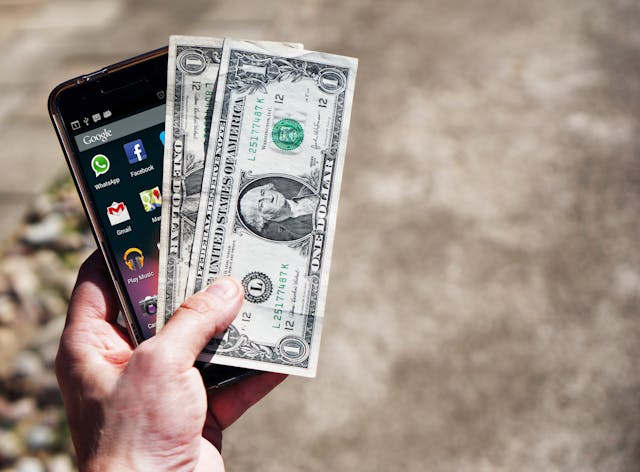
The Psychological Impact of Minimum Payments
Making minimum payments can also affect your spending behavior and overall financial outlook.
A False Sense of Security
Paying the minimum can create the illusion that you’re handling your debt responsibly, but it’s actually a trap that can lead to more debt. As you see your balance decrease slightly each month, you might be tempted to charge more to your card, worsening your financial situation.
Stress and Anxiety
Knowing that you have a growing balance can lead to increased stress and anxiety about your financial health. This stress can be alleviated by taking control of your debt and working toward paying it off.
Strategies to Tackle Credit Card Debt
If you’re caught in the minimum payment cycle, there are strategies you can use to get out of debt faster.
Pay More Than the Minimum
Paying even a small amount above the minimum can make a significant difference in how quickly you pay off your balance and how much interest you pay over time.
Snowball or Avalanche Methods
The debt snowball method involves paying off your smallest debts first, while the avalanche method focuses on paying off the debt with the highest interest rate first. Both have psychological and financial benefits that can help you get out of debt faster.
Balance Transfer Credit Cards
If you have a good credit score, you might qualify for a balance transfer credit card that offers a 0% APR for a set period. This can give you a window of time to pay down your balance without accruing additional interest.
Create a Budget
A budget can help you find extra money in your monthly expenses that can be put toward your credit card debt. By tightening your belt in other areas, you can free up more money to pay down your balance.
Read more tips on how to how to create a sound budget here.
Seek Professional Help
If you’re overwhelmed by your debt, consider seeking help from a credit counseling service. They can provide guidance and may help you negotiate with creditors to lower interest rates or consolidate your debts.
Credit Card Tips for Healthy Financial Habits
To avoid the minimum payment trap, consider these credit card tips:
Read More tips on The Dos and Don’ts of Credit Cards.
Pay Your Balance in Full
If possible, pay your credit card balance in full each month to avoid paying any interest at all.
Understand Your Card’s Interest Rate
Knowing how much interest you’re being charged can motivate you to pay more than the minimum.
Set Up Automatic Payments
Automate your credit card payments for more than the minimum amount to ensure you’re consistently paying down your balance.
Monitor Your Spending
Keep an eye on your credit card spending to make sure you’re not charging more than you can afford to pay off.
Build an Emergency Fund
Having savings set aside for unexpected expenses can prevent you from having to rely on credit cards in a pinch.
Conclusion
Making only the minimum monthly payment on your credit card is a habit that can severely hinder your financial progress. By understanding the implications of minimum payments and implementing strategies to pay off your debt faster, you can save money on interest, improve your credit score, and achieve financial freedom.
Remember, the key to responsible credit card use is to pay off your balance as quickly as possible and to spend within your means. By doing so, you can enjoy the benefits of credit cards without falling into the trap of long-term debt.

